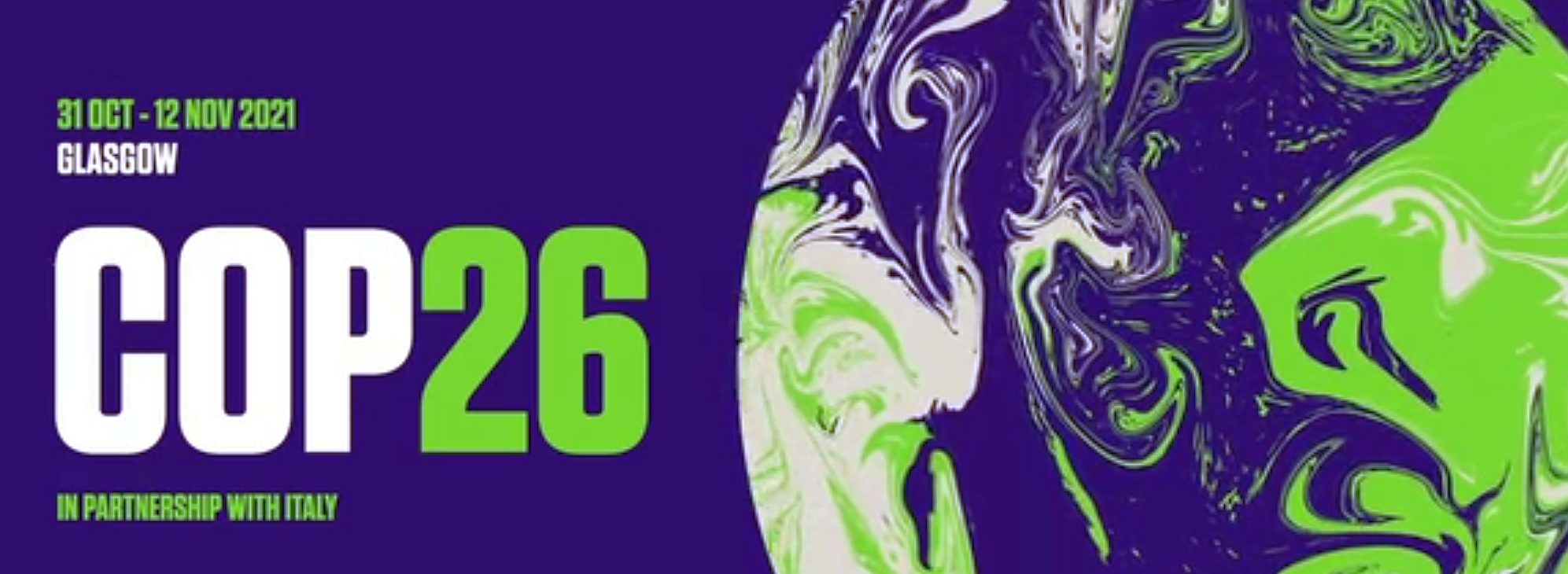
The UK will host the 26th UN Climate Change Conference in Glasgow on 31 October and everyone agrees that this will have a make-or-break quality to it.
My first piece about climate change was ten years ago. May 2011’s article ventured that “the aspect of climate change which may affect us first is simply that the weather becomes more turbulent and less benign, because of stronger winds and thicker cloud. There may be fewer days of gentle breezes”. The following year the finding came through that, if the Greenland icecap were to melt completely, the sea level would rise by 7 metres. I commented in June 2013 that in “what may well turn out to be the most cataclysmic event of our lifetimes” the level of CO₂ had passed 400 parts per million for the first time in 4.5 million years. Adapting the nursery rhyme I wrote “when it’s hot, it will be very, very hot, and when it’s cold, it will be horrid”, which pretty much epitomises this summer.
From then on every year has seen record temperatures. In February 2015 I noted that there had been 38 successive years with above-average temperature. The language then began mutating rapidly: “global warming”(too cuddly, even welcome to some) gave way to “climate change” (too neutral) which became “climate heating” (not everyone’s experience) which has now been replaced by “climate crisis”. Along with that came the recognition that the issue is not saving the planet, which will go on for ever: what is threatened is the future of human life on it – through extreme weather events, loss of habitat (as people in parts of California, Australia, Germany and Cumbria know only too well) and shortage of water and food, as swathes of the food-producing world dry up (the Mediterranean is on fire this summer).
It is now recognised that extreme weather – like the scorching heat, torrential rains and 60mph winds we have had this year – is exacerbated by the climate crisis, and will get worse unless we stop the rot. We can’t argue that we’ve had insufficient warning; but we more or less know how long before everything becomes disastrous, and what we need to do to avert this. That is why COP26 is so crucial. As so often, probably the greatest difficulty will be with human psychology – too much notice of impending disaster means that action is repeatedly put off; too little notice generates panic and calamity. Is human behaviour going to be the real problem?
Comments are closed, but trackbacks and pingbacks are open.